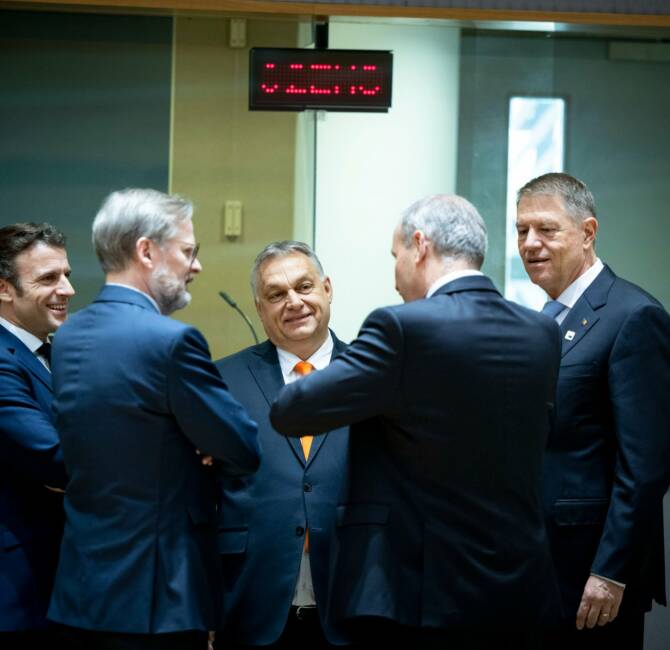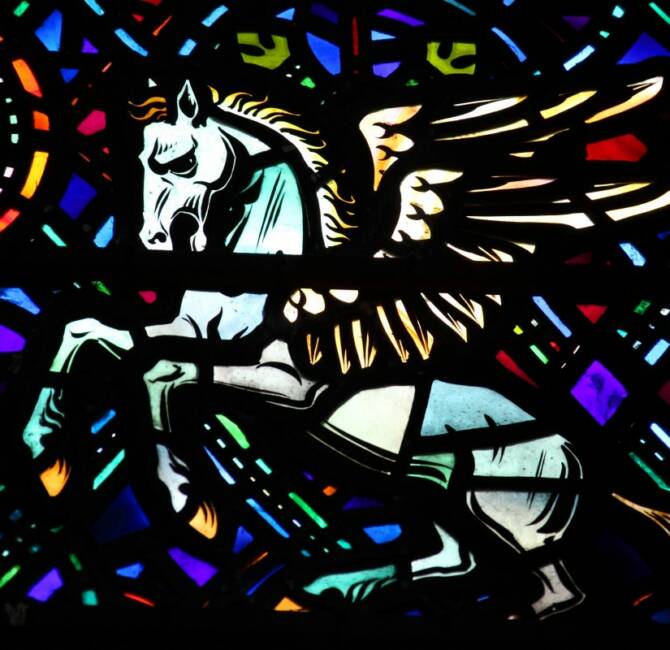Hungary/Ukraine – A controversy arose in early June after Russia handed over 11 Ukrainian prisoners of war belonging to the Hungarian minority in Subcarpathia to Hungary. The release, which was facilitated by the Russian Orthodox Church, has fuelled new tensions between the two neighbouring countries, giving rise to a war of words between their respective foreign ministers.
Ukraine’s Dmytro Kuleba has claimed that the transfer of Ukrainian prisoners of war from Russia to Hungary
“was carried out to serve the political interests of the Hungarian Prime Minister, who had to show Hungarians at home and abroad that he is their only protector”.
In Kuleba’s opinion, the freed Ukrainian soldiers were put “under the control” of the Hungarian authorities, and the Ukrainian consul and ambassador in Hungary were “not allowed to visit them, despite their insistence on doing so.”
But Hungarian Foreign Minister Péter Szijjártó rejected those accusations, saying: “11 prisoners of war have been released thanks to the cooperation of the Russian Orthodox Church and the Order of Malta.
This was done without the Hungarian government’s involvement.
But we are glad this happened, as if even one person regains his freedom, it is always good news. (…)
Those 11 people can move freely in Hungary, they can do what they want, and they can contact whoever they want.
(…) We will continue to insist on the need for peace to be achieved as quickly as possible, because peace would put an end to people’s suffering – to the suffering of hundreds, thousands, tens of thousands of people. ”
By June 20, three of these 11 soldiers had actually returned to Ukraine of their own free will, posing with the Ukrainian flag at the Hungarian-Ukrainian border.




